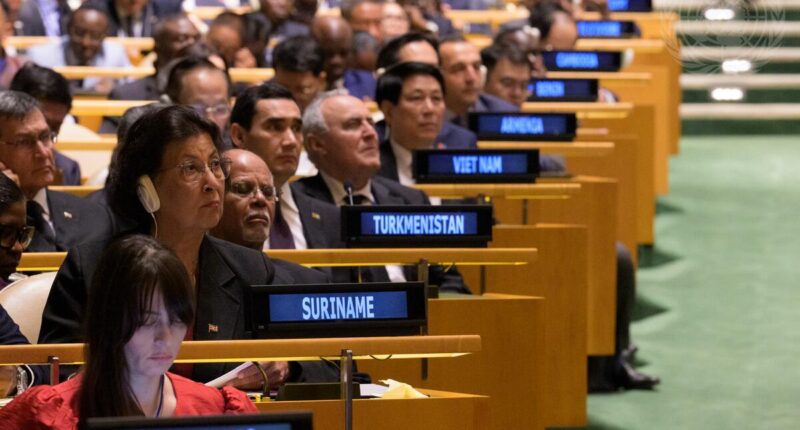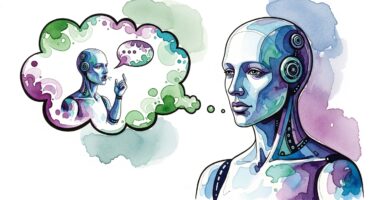The United Nations has established the world’s first comprehensive framework for governing artificial intelligence, involving all 193 member states, amid growing political tensions over international oversight of AI development.
The UN announced two new landmark bodies during a high-level General Assembly meeting: the Global Dialogue on AI Governance and Independent International Scientific Panel on AI.
The initiative addresses a critical governance gap, with a 2024 UN report finding that 118 countries were not parties to any significant international AI governance initiatives, while only seven nations from the developed world participated in all existing frameworks.
“AI’s impact is global, but its governance is not,” said Amandeep Singh Gill, UN Special Envoy for Digital and Emerging Technologies. “Through the Global Dialogue, for the first time, all 193 member countries of the UN will have a seat at the table in shaping international cooperation on AI governance.”
The Global Dialogue will serve as the world’s principal venue for sharing best practices and addressing AI incidents. At the same time, the Scientific Panel will provide independent, evidence-based guidance on AI risks and opportunities.
However, the Trump administration has strongly opposed international AI regulation efforts, reports The New York Times. “We totally reject all efforts by international bodies to assert centralised control and global governance of A.I.,” said Michael Kratsios, director of White House Office of Science and Technology Policy.
China has positioned itself as a champion of developing nations in AI governance, reports The New York Times. “A.I. must not become a game of the club of wealthy nations and tool of hegemony,” warned Ma Zhaoxu, China’s executive vice minister of foreign affairs.
“These two global mechanisms are not just new functions,” Gill said. “They are building blocks of a new architecture of technology governance. They are our promise to future generations to ensure that humanity remains at the centre of technological progress.”
The bodies emerged from recommendations by the High-level Advisory Body on Artificial Intelligence. They were established through a UN General Assembly resolution in August 2025, endorsed unanimously by all member states.











